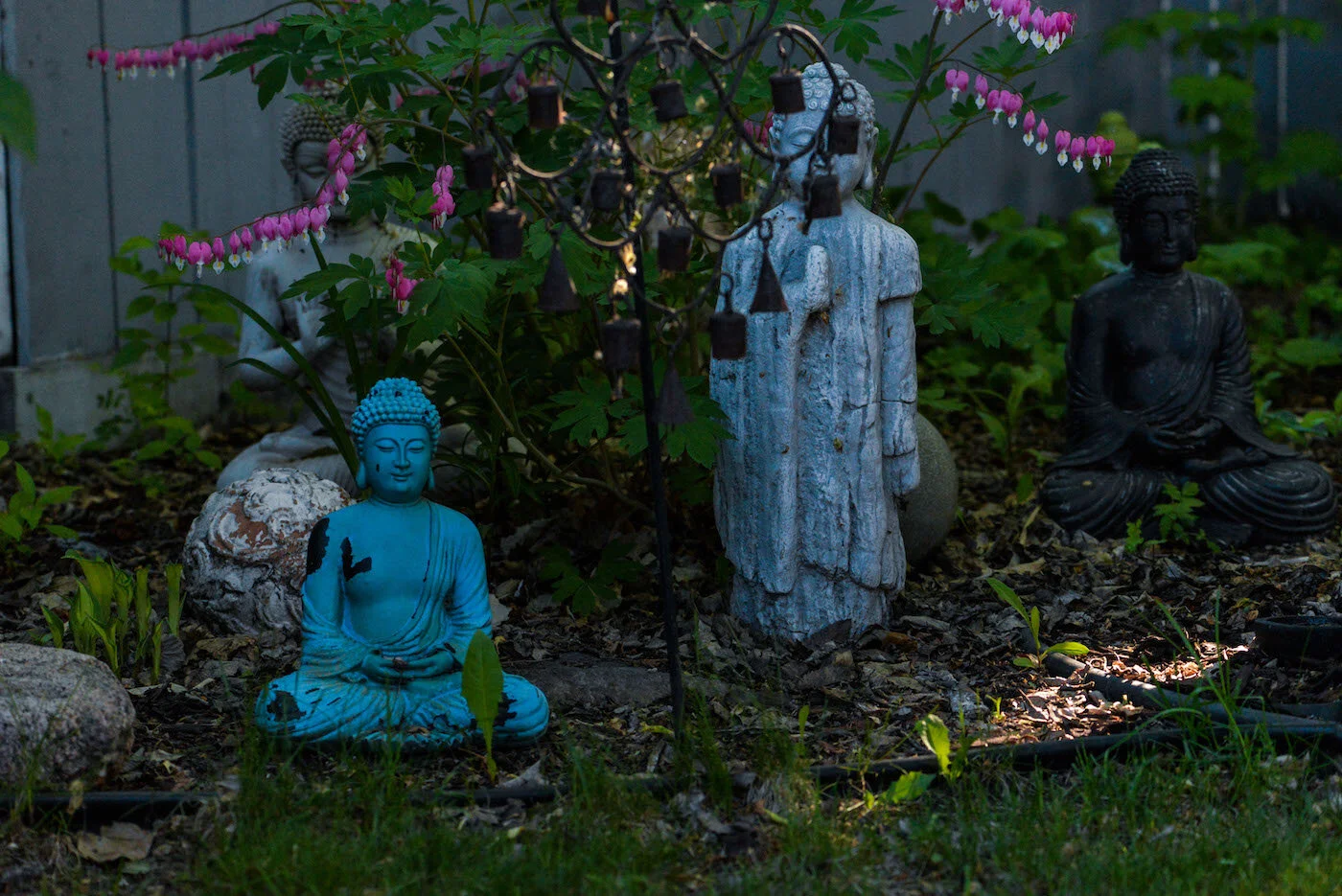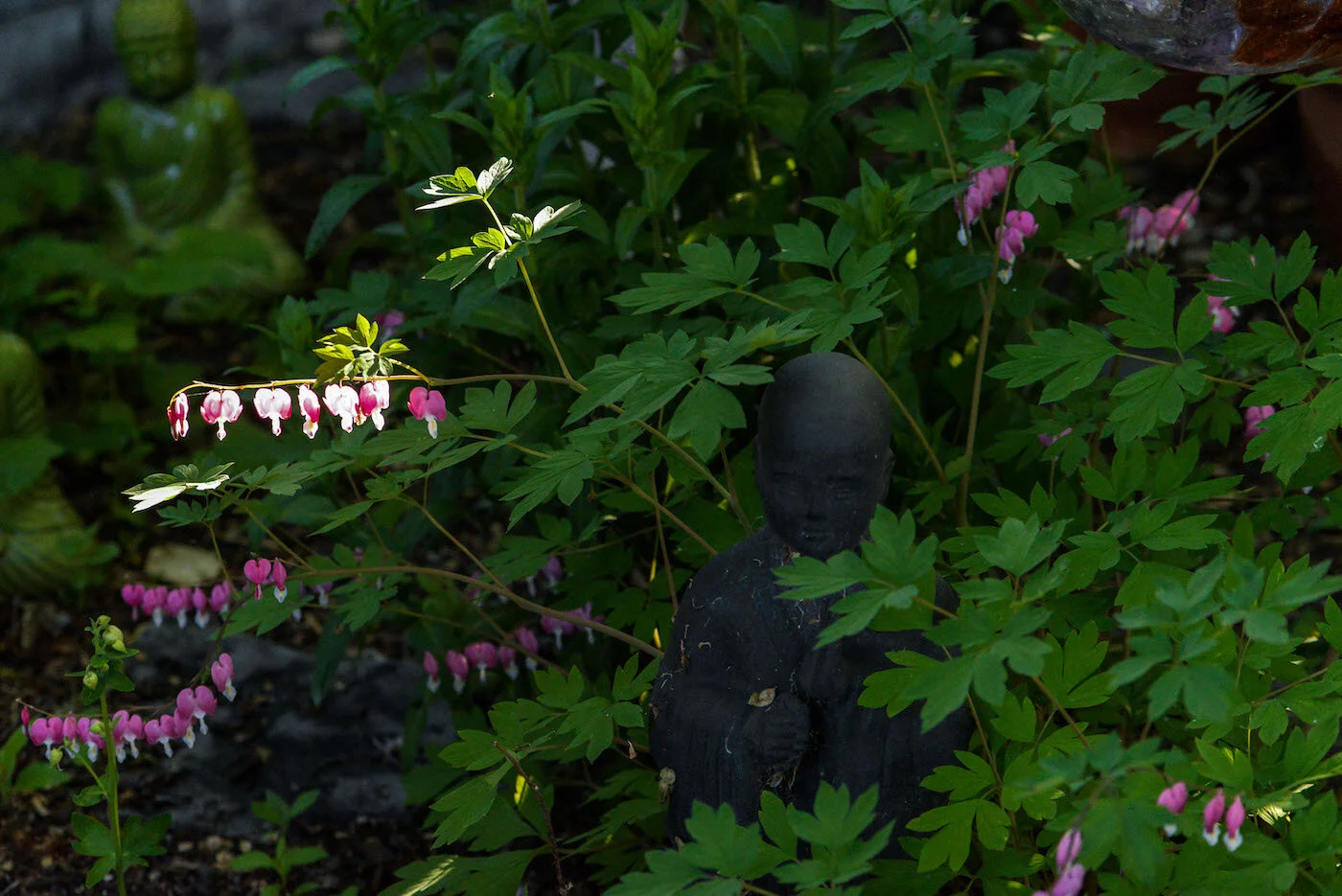This is the Way it Feels to Me
I kid you not, I was sitting down here to write about the importance of stories in this pandemic landscape of 2021, when an excerpt from the following quotation popped up in my Twitter feed:
“I’ve been emphasising here the small and the private, because essentially that’s what my work is about. One person writing in a quiet room, trying to connect with another person, reading in another quiet – or maybe not so quiet – room. Stories can entertain, sometimes teach or argue a point. But for me the essential thing is that they communicate feelings. That they appeal to what we share as human beings across our borders and divides. There are large glamorous industries around stories; the book industry, the movie industry, the television industry, the theatre industry. But in the end, stories are about one person saying to another: This is the way it feels to me. Can you understand what I’m saying? Does it also feel this way to you?”
– Kazuo Ishiguro from his Nobel Lecture
Facts, statistics, numbers, don’t seem to be getting through, at least not for many. And well, this isn’t new. In a post 9/11 essay which can be found in her book The Source of Self-Regard, Toni Morrison wrote:
“I think it is time for a modern War Against Error. A deliberately heightened battle against cultivated ignorance, enforced silence, and metastasizing lies. A wider war that is fought daily by human rights organizations in journals, reports, indexes, dangerous visits and encounters with malign oppressive forces. A hugely funded and intensified battle of rescue from the violence that is swallowing the dispossessed.”
Morrison calls for a correction: “…new curricula, containing some powerful visionary thinking about how the life of the moral mind and a free and flourishing spirit can operate in a context increasingly dangerous to their health.”
Powerful visionary thinking is of interest to me right now. The difficulty of the moral mind to flourish right now is of interest to me right now. The way that we are operating in a context dangerous to our health is of interest to me right now. And what are the ordinary stories of daily life that intersect with this? That is of interest to me right now. Of course I can’t help but wonder what the obligations are of institutions right now in this context? Whose stories are being left out? What does it feel like for workers right now? What does it feel like to not be able to tell our stories? (Many workers are confined by the policies of their workplace).
Maybe the question is more like, what happens if we do tell our stories? In Richard Van Camp’s great new book, Gather, he answers the question that titles one essay: “What is it about storytelling that gets this ancient blood of mine roaring?” He says, “It’s connection, community, and purpose, plain and simple. It’s giving someone the same goose bumps I receive after I retell an incredible story that gives me a soul sigh. It’s seeing someone tear up with a story I’ve retold that moves my heart, as well. It’s being human; it’s the gentle reminder that we are all children of the great mystery of life.” And then he says, “I am a storyteller, and I’m a good storyteller because I’m a good listener.”
Salman Rushdie says:
“Those who do not have power over the story that dominates their lives, the power to retell it, to rethink it, deconstruct it, joke about it, change it as times change, truly are powerless, because they cannot think new thoughts.”
Although I have probably quoted too extensively from Anne Bogart’s excellent book, What’s the Story, in past posts I just want to repeat these lines:
“The practice of storytelling begins in the day-to-day minutiae of one’s own life. Because we are meaning-making machines, we translate our experiences into potent narratives. We tell stories to make sense of our experiences. Through this act of translation, we develop opinions and assumptions about how things are. The human impulse to tell one’s own story is one of the basic human rights and freedoms in democratic societies. Speaking effectively, and communicatively, whether onstage, in poetry, in a book or in conversation, can free one from the prison of the past. Speaking a story can be an act of letting in light.”
I’ve been following the story of Neil Kramer in NYC since almost the start of his nearly 500 posts of his pandemic life. He was well-positioned to write this story, but at the same time, he didn’t have to, you know? It’s vulnerable, but that’s why it’s also an act of letting in light. So.
His story is very different from mine, and yet it’s brought a lot of comfort this past year. It’s the act of the storytelling itself, the bravery, the light, the humour, the small beautiful truths. It’s as Richard Van Camp says, a soul sigh.
Sarah Polley has said, “Telling stories is our way of coping, a way of creating shape out of a mess. It binds everyone together.”
Next I’m going to shamelessly lift a couple of quotations from the Bogart book.
“Stories, like conjuring tricks, are invented because history is inadequate to our dreams.”
– Steven Millhauser
And
“A talent for speaking differently, rather than for arguing well, is the chief instrument of cultural change.”
– Richard Rorty
All of this to say, please continue to tell your stories, all of them, the ordinary ones, the miracles, the ones full of feelings, odd details, vulnerable moments, funny quirky things. We need them. We need to know, how does all this feel to you?
Lastly, a note on the photos. If you’ve followed me for a long time, and lord knows I’ve been doing this blogging/newsletter thing for ages, you’ve seen photos of my backyard over and over. This year, a good year for the bleeding hearts. Who knows what that means. But otherwise it’s the same. Same weeds, same buddhas, same light. Completely different though, too. You’d think I’d be getting bored of it all by now. Seemingly not. Seemingly not.
June 10, 2021








